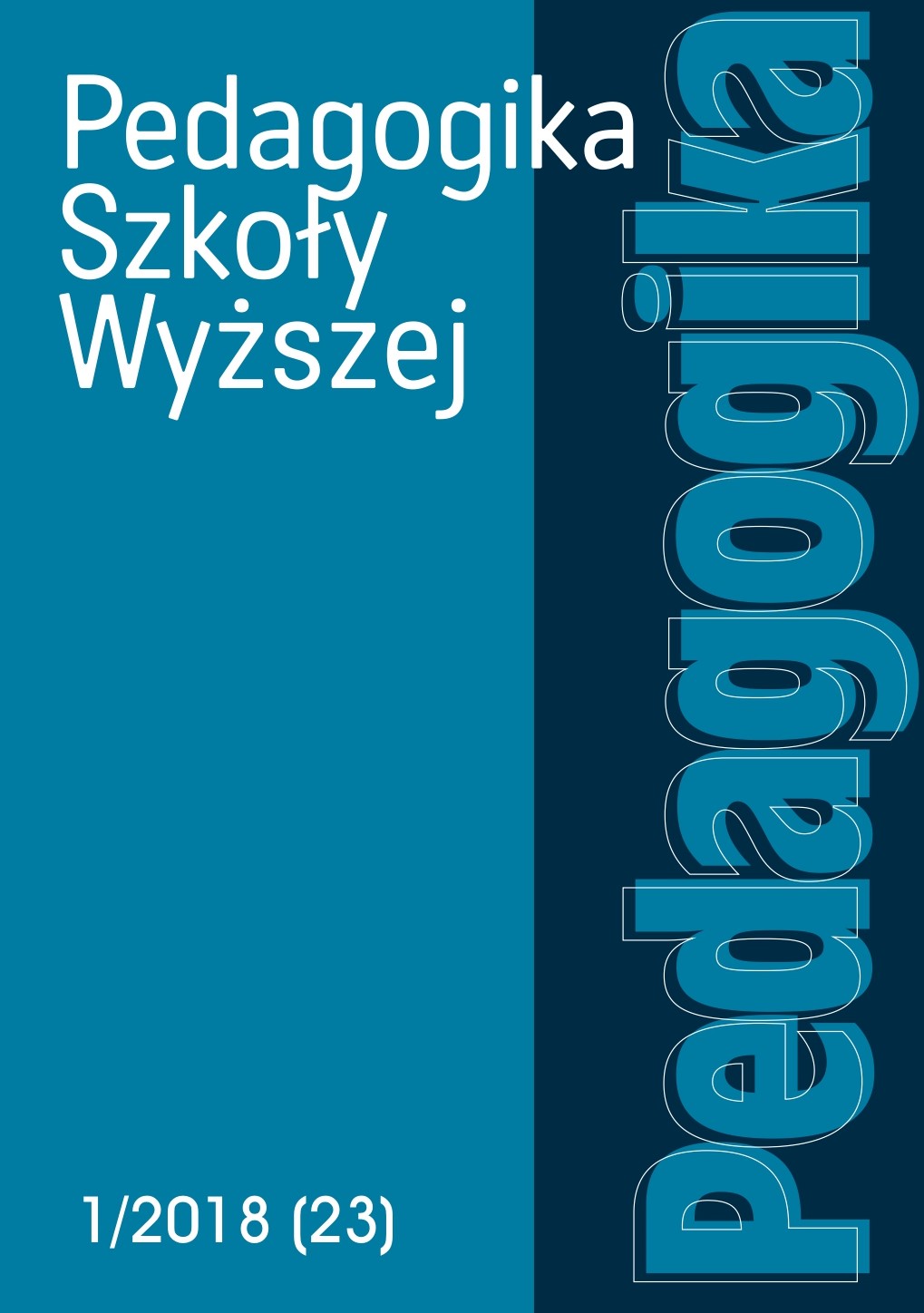Jak rozwiązywać trudne poznawczo problemy? Refleksyjność studentów programu Erasmus
How to Solve Difficult Cognitive Problems? Reflexivity of Erasmus Students
Author(s): Anna Perkowska-KlejmanSubject(s): Social Sciences, Education, Higher Education
Published by: Wydawnictwo Naukowe Uniwersytetu Szczecińskiego
Keywords: reflexivity; student reflection; Erasmus program; Bologna system
Summary/Abstract: The paper contains the original, preliminary empirical study of Erasmus students reflective judgment. It has been defined on the basis of the Reflective Judgment Model by King and Kitchener. The Model is structured in seven separate stages. The first, second and third have been defined by the term prereflective thought. Pre-reflectively thinking people are convinced of the absolute correctness/certainty of knowledge. The fourth and fifth stages correspond to thinking quasireflectively and are indicative of the assumption that knowledge contains elements of uncertainty and is context sensitive. Stages six and seven – reflective thinking – encompass the epistemological assumption that there is no single fixed in time understanding of the world. The aim was to compare the reflexivity levels amongst Erasmus students. The measurement of reflective judgment was conducted using a standardized interview – Reflective Judgment Inventory. Analysis of the results led to the conclusion, that Erasmus students showed higher level of reflection than other students.
Journal: Pedagogika Szkoły Wyższej
- Issue Year: 2018
- Issue No: 23
- Page Range: 55-70
- Page Count: 16
- Language: Polish

